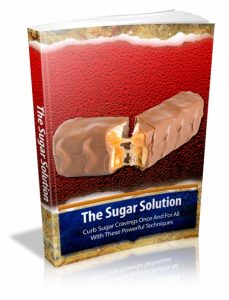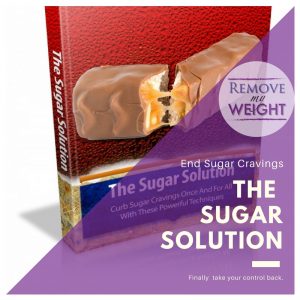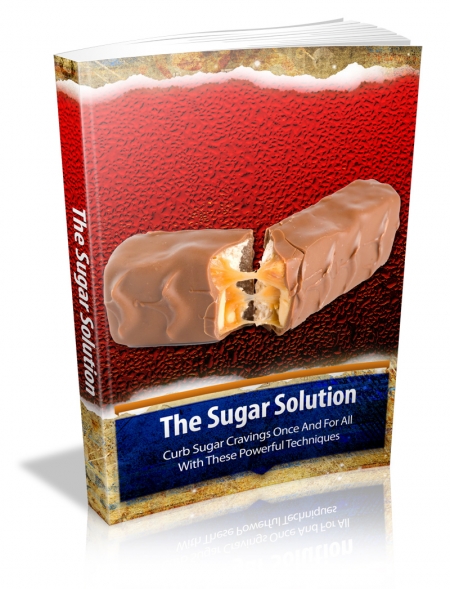Why is Bread so Addictive?
Bread is a notorious diet-buster. The flavor, texture and
high carbohydrate content make it difficult to stop eating
bread once you’ve started. In fact, many people undergo a
chemical process while eating bread that triggers them to
eat more and more.
It’s no wonder many diets advise us to stay away from
bread, especially bread made from refined white flour.
Are you a bread addict? Here are some of the signs of
bread addiction:
* Strong cravings for bread products (including pastries,
cakes, crackers and cookies)
* A compulsion to eat bread products instead of other
foods
* The inability to stop eating bread products when full
* A feeling of calmness and well-being after eating bread
products
* A drive to eat more bread products soon after finishing
a meal
If you answered yes to most of those questions, you might
have a bread addiction. The good news is that you’re not
alone; it’s been estimated that up to 75% of all
overweight people have an addiction to bread and other
carbs.
Now that you’ve figured out whether or not you’re addicted
to bread, let’s move on to the next question: Why is bread
so addictive?
After all, isn’t it made from grains? Doesn’t bread
contain healthy fiber and carbohydrates? How can a natural
food cause addiction-level cravings in so many people?
Different people react to bread in different ways. Some
individuals can happily eat a dinner roll or a slice of
toast and go about their day without any repercussions.
Others find themselves obsessing over baked goods,
sneaking carb-laden snacks to quell their cravings, and
then eating more bread with their next meal.
For the latter group, bread is as addictive as a drug.
When these people eat bread, their bodies release too much
insulin, also known as the hunger hormone. Insulin
stimulates appetite, making it easy to overeat.
Over time, a bread addict can develop insulin resistance.
Insulin resistance occurs when a person’s body stops using
insulin properly. This malfunction causes glucose, which
normally fuels the internal organs, to stay trapped in the
bloodstream. Type 2 diabetes can result.
 High blood glucose levels also trigger hunger, which makes
High blood glucose levels also trigger hunger, which makes
the person crave high-carb foods. Eating these foods
causes more insulin to be released and ignored by the
body, thus making blood glucose levels to spike higher.
It’s an unhealthy cycle, no doubt.
Add to this the psychological effect of eating bread, a
popular comfort food, and it’s easy to see why bread is so
addictive. Since the act is strongly associated with
feelings of well-being, many people eat high-carb foods,
like bread, when they are feeling lonely, stressed out,
sad or bored.
Needless to say, the bread is only a temporary fix and
does not address the person’s real underlying needs.
People who self-medicate in this way are prone to
overeating without finding true satisfaction from the
food.
It’s important to note that whole-grain bread, which
contains complex carbs, doesn’t seem to have the same
addictive properties as ultra-refined white bread. This is
because the body digests white bread much more quickly –
essentially unable to differentiate between a slice of
white bread and a slice of cake.
Both are broken down into sugar, causing blood glucose
levels to spike. After this rapid digestion, blood glucose
quickly plummets, resulting in hunger and additional carb
cravings.
Breaking a bread addiction can be challenging, but the
health benefits are worth it. Start small by giving
yourself a two-week break from bread. You might find that
your cravings disappear altogether after a week or so.
When you do eat bread, eat a small amount of multigrain or
rye bread instead of white. Also, make sure to indulge in
your favorite treats occasionally to keep yourself from
feeling deprived. Then get back on your diet plan
immediately to avoid cravings that might keep you off
track all day.
Diet is 80% of effective and healthy weight loss, and if
you can nail your diet then you’ll never have to worry
about your weight again.
Here’s a free resource to help bust those cravings.
It’s a totally free how to eat for a faster metabolism and healthier body
Grab it now.
Eat well,
Pam

